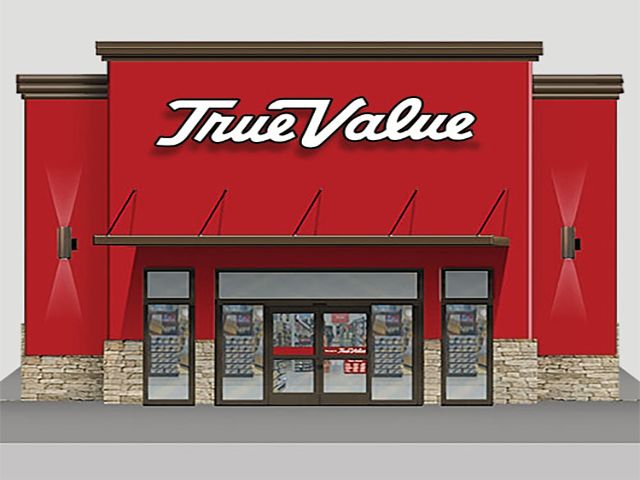Your Search Results
103 results
-
 Have a Chill Summer: Understanding Your Cooling Options
Have a Chill Summer: Understanding Your Cooling OptionsMay 1, 2018
Whether you’re thinking about having a cooling system installed or contemplating whether its time to replace your existing system, we have options for you to consider that will save you money upfront and in the long run.
-
Massachusetts ranked number one in energy efficiency for ninth consecutive year
October 1, 2019
For the ninth consecutive year, the American Council for an Energy-Efficient Economy (ACEEE) has ranked Massachusetts number one in its 2019 State Energy Efficiency Scorecard. The 13th edition of the ACEEE’s state scorecard benchmarks state progress on efficiency policies and programs that save energy while benefiting the environment and promoting growth.
-
 Shopping Spree Savings: Your Guide to Mass Save Deals
Shopping Spree Savings: Your Guide to Mass Save DealsMay 4, 2018
Between the numerous styles and sizes of products to choose from, combined with potentially high price tags, it’s easy to grow confused about which bulb, fixture, or appliance is best for your home.
-
Heating and Cooling Glossary
Expand your knowledge with this glossary of heating and cooling equipment and installation terms.
-
 True Value – New Bedford | Case Studies | Mass Save
True Value – New Bedford | Case Studies | Mass SaveCase Study: True ValueTrue Value, one of the world's leading hardware stores, made lighting upgrades to their Pope's Island location. These upgrades not only made the space more attractive for shoppers, but will also save the store approximately $6,325.90 per year.
-
 South Shore Millwork – Norton | Case Studies | Mass Save
South Shore Millwork – Norton | Case Studies | Mass SaveCase Study: South Shore Millwork, Inc.With efficient motors, lighting and controls, energy-efficient air compressor upgrades, and more, this architectural woodwork producer saved $30,491 annually.
-
 The Fields Realty Trust – Billerica | Case Studies | Mass Save
The Fields Realty Trust – Billerica | Case Studies | Mass SaveCase Study: The Fields Realty TrustFields Realty Trust installed a building management system to control their heating and cooling system, in addition to other high- efficiency upgrades, saving $8,127 annually.
-
 Plumtree– Springfield | Case Studies | Mass Save
Plumtree– Springfield | Case Studies | Mass SavePlumtree Church partnered with Eversource to address inefficiencies in its aging building infrastructure with a range of energy efficiency measures, including insulation, air sealing, lighting controls and more.